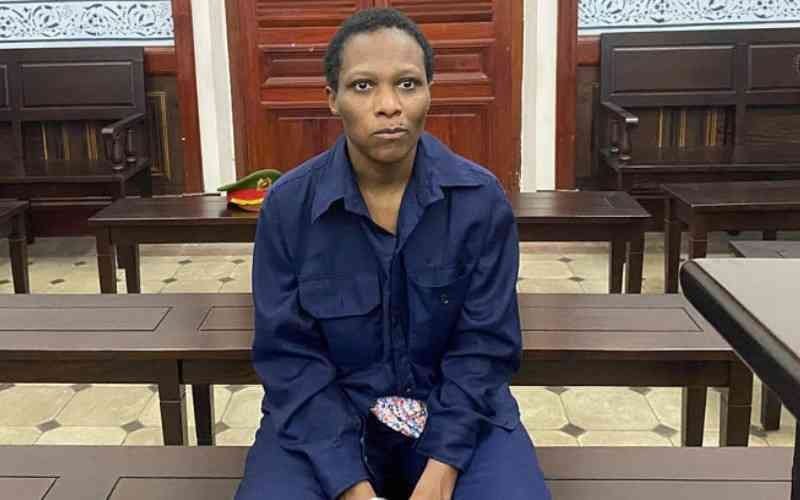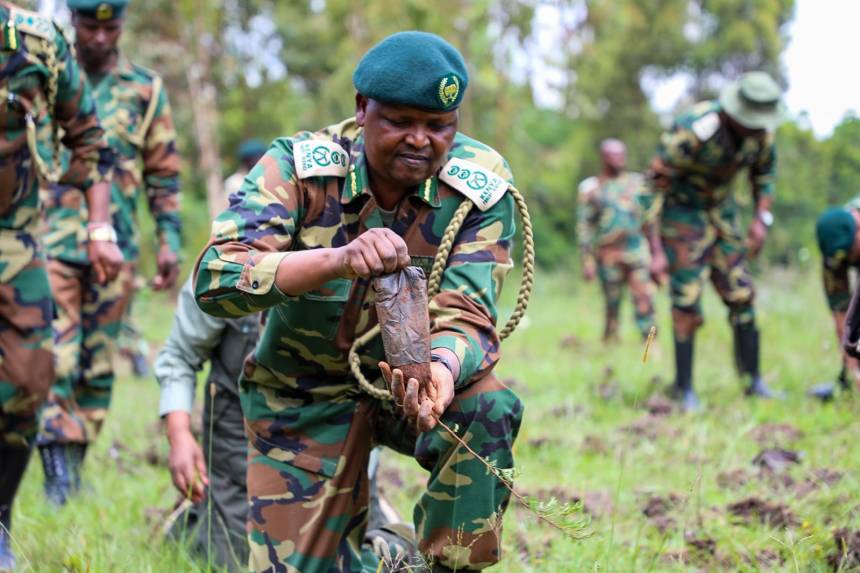
In a significant development, Margret Nduta, the Kenyan woman sentenced to death in Vietnam for drug trafficking, has been granted a critical reprieve. On Thursday, July 31st, 2025, Vietnam’s Supreme Court commuted her death sentence to life imprisonment.
From Death Row to Life Sentence
The ruling, announced by Kenyan Foreign Affairs Permanent Secretary Korir Sing’oei, effectively removes Nduta from death row. “Yes we have received the decision from the Supreme Court in Vietnam,” Sing’oei confirmed to Kenyans.co.ke. “The next step is to initiate diplomatic efforts to help her further, but the commuting of her sentence is a positive step.”
Nduta’s case first made headlines in March 2025 when she was convicted by the Ho Chi Minh City People’s Court for smuggling over two kilograms of narcotics. Her arrest occurred at Tân Sơn Nhất International Airport in Ho Chi Minh City. The initial death sentence underscored Vietnam’s notoriously harsh stance on drug-related offenses, which prioritizes national safety and imposes severe penalties.
A Lifeline, But Freedom Uncertain
While the commutation offers a lifeline, Nduta’s path to freedom remains fraught with challenges. Under Vietnamese law, individuals convicted of serious crimes can apply for leniency or clemency under special circumstances. However, this power rests solely with the President of Vietnam.
“The next step is to initiate diplomatic efforts to help her further,” stated Sing’oei, indicating the Kenyan government’s intention to pursue her release. These efforts align with a broader initiative revealed by Prime Cabinet Secretary Musalia Mudavadi just a day prior (July 30th), aiming to repatriate over 1,000 Kenyans imprisoned abroad, following the successful release of Stephen Munyacko from death row in Saudi Arabia.
Diplomatic Hurdles and the Clemency Process
Securing Nduta’s release through diplomatic channels, however, is acknowledged to be an uphill battle. Vietnam maintains a zero-tolerance policy towards drug trafficking and illicit trades. Applying for clemency is described as a tedious process, requiring a direct appeal to the Vietnamese President, who will weigh multiple factors before making a decision. Crucially, the commutation of her sentence does not imply any rejection of her underlying conviction.
Kenyan officials face the difficult task of applying diplomatic pressure to persuade Vietnamese authorities, known for their strict adherence to national drug laws, to consider repatriation or further leniency. While the commutation is a major relief for Nduta and her supporters, the Kenyan government’s pledge to continue fighting for her freedom now enters a new, complex phase against the backdrop of Vietnam’s uncompromising legal framework.




